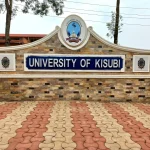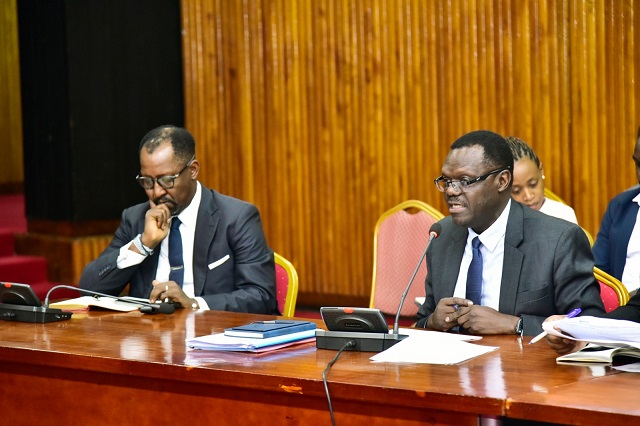Democratic Party (DP) Deputy President General, Fred Mukasa Mbidde, has urged the Ugandan government to enact a special law to address what he perceives as discrimination against the Banyarwanda community in Uganda. Speaking at a consultative meeting of the Uganda Banyarwanda Cultural Development Association (UBCDA), Mbidde highlighted the need to amend constitutional laws to grant citizenship to Banyarwanda who were not present in Uganda at the time of the 1926 border demarcations but were recognized as Ugandans in the 1962 Constitution.
Mbidde expressed concern that specific articles of the 1995 Constitution have been used to deny Banyarwanda passports and national identification cards, leaving their rights and interests unaddressed. He emphasized the importance of considering the nationality of individuals rather than solely relying on birthright for citizenship determination.
Proposing the ‘Banyarwanda and Other Roving Groups Identification and Management Bill 2024,’ Mbidde stressed the urgency of addressing the potential statelessness of an estimated 11 million Banyarwanda in Uganda due to upcoming national identification exercises. He warned that failure to secure full citizenship rights could result in the exclusion of Banyarwanda from the 2026 general election.
UBCDA Chairperson, Simon Kaitana, echoed Mbidde’s sentiments, criticizing the 1995 Constitution for excluding Banyarwanda from citizenship despite their recognition as Ugandans in the 1962 Constitution. Kaitana highlighted the challenges faced by Banyarwanda, including discrimination and statelessness, and called for constitutional amendments to address their rights and interests.
However, there have been differing views on the proposed changes. Some, like political analyst Frank Gashumba, advocate for changing the name “Banyarwanda” to “Abavandimwe” to avoid discrimination, while others, like retired Justice George Wilson Kanyeihamba, recall the historical debates around the identity of Rwandan-Ugandans during the constitutional making process.




















